Breathing clean air inside your car shouldn’t be a luxury. With air pollution increasing, a reliable cabin air filter can make a world of difference.
Cabin air filters with activated charcoal offer superior filtration, eliminating odors, pollutants, and allergens while ensuring fresh, breathable air for your drive.
Switching to an activated charcoal cabin air filter is a smart choice for better health and comfort. Let’s explore why they’re a game changer.
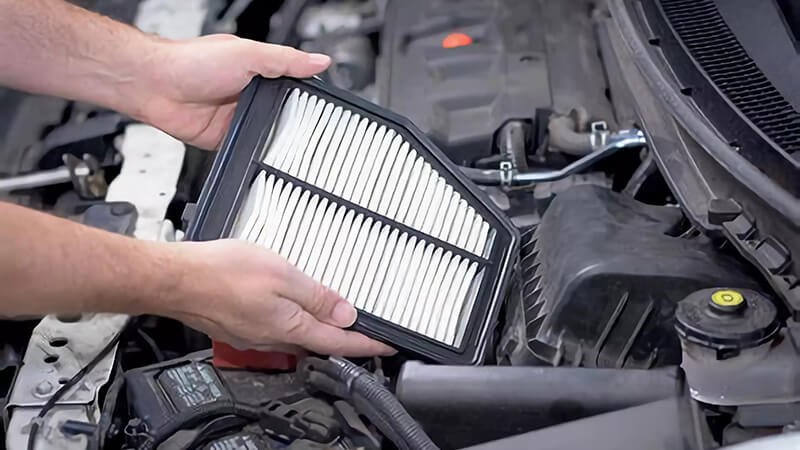
Is a Charcoal Cabin Air Filter Better?
Have you ever noticed a stale smell in your car? Standard filters may not be enough to handle odors and toxins effectively.
Activated charcoal cabin air filters are superior because they not only trap particles but also neutralize harmful gases and unpleasant odors, improving air quality activated charcoal cabin air filters benefits1.
Comparing Standard vs. Charcoal Filters
Standard filters primarily block dust and allergens standard vs charcoal air filters comparison2. In contrast, charcoal filters go a step further:
| Feature | Standard Filter | Charcoal Filter |
|---|---|---|
| Dust and Allergen Capture | ✅ | ✅ |
| Odor Elimination | ❌ | ✅ |
| Gas Filtration | ❌ | ✅ |
For drivers who value a clean and odor-free environment, activated charcoal filters are the clear winner.
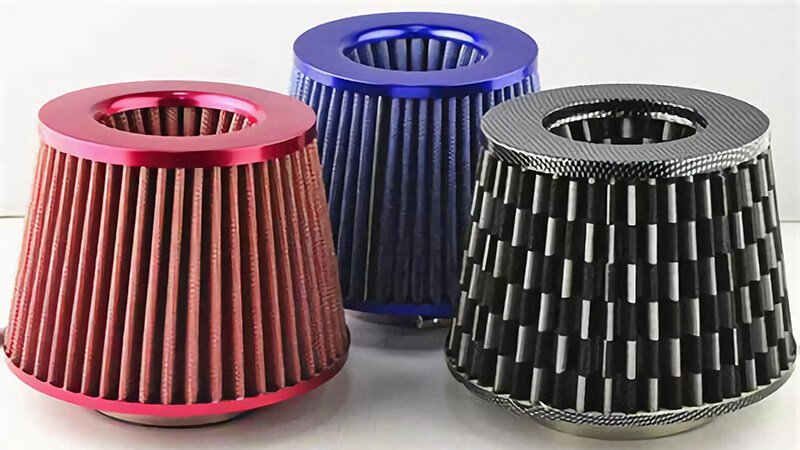
What Does Activated Charcoal Do in an Air Filter?
Activated charcoal is no ordinary material—it has unique properties that make it an effective air purifier what makes activated charcoal effective in air filters3.
It absorbs and neutralizes pollutants, trapping harmful gases and odors inside its porous structure how activated charcoal absorbs pollutants4. This ensures the air you breathe is both fresh and safe.
How Activated Charcoal Works
The secret lies in its porous structure. Activated charcoal has:
- Microscopic Pores: These trap contaminants as air passes through.
- High Surface Area: Just one gram of activated charcoal can cover a football field activated charcoal surface area facts5.
- Chemical Neutralization: It binds to harmful gases like ozone and VOCs (volatile organic compounds), removing them from the air how activated charcoal neutralizes VOCs6.
This technology makes activated charcoal indispensable in environments where air quality matters most uses of activated charcoal in air quality improvement7.
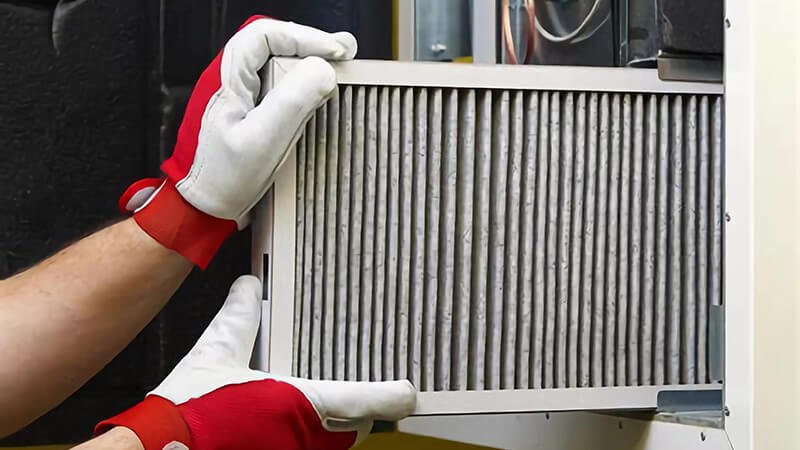
Why Is Activated Charcoal Good for Filtering?
Some materials block particles, but they don’t deal with odors or gases. Activated charcoal excels at both activated charcoal benefits for air filtration8.
Activated charcoal’s chemical absorption properties allow it to remove pollutants at a molecular level how activated charcoal removes pollutants at the molecular level9, making it one of the best choices for air filtration.
Advantages of Charcoal in Filtration
Let’s break down its benefits:
- Neutralizes Odors: Unlike regular filters, charcoal doesn’t just mask smells—it eliminates them how activated charcoal neutralizes odors10.
- Traps Harmful Gases: Filters gases like carbon monoxide and ozone that standard filters miss activated charcoal and harmful gas filtration11.
- Improves Health: By removing allergens and irritants, it supports respiratory well-being activated charcoal’s role in respiratory health12.
This combination of benefits makes activated charcoal the go-to choice for premium air filtration why activated charcoal is ideal for premium filtration13.
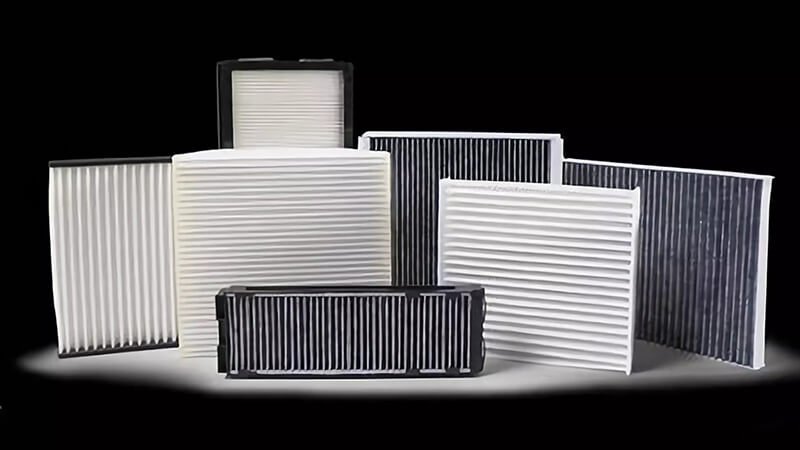
What Does Activated Carbon Cabin Filter Do?
Have you ever driven in heavy traffic and noticed a foul smell creeping into your car? That’s where an activated carbon filter shines benefits of activated carbon cabin filters in traffic14.
An activated carbon cabin filter purifies air by capturing particles, absorbing gases, and removing odors how activated carbon cabin filters purify air15. It creates a healthier and more pleasant driving experience.
Real-Life Applications of Activated Carbon Filters
Activated carbon filters aren’t just for everyday commutes. They’re essential in specific scenarios:
- Urban Areas: Neutralize smog and exhaust fumes.
- Allergy Seasons: Remove pollen and allergens for sensitive passengers.
- Long Drives: Maintain fresh air even in areas with poor air quality.
These filters work tirelessly to ensure your cabin remains a sanctuary of clean air.
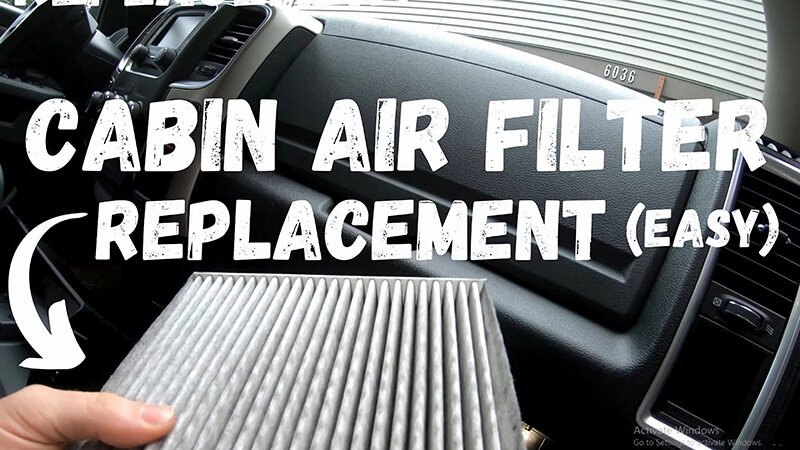
Conclusion
Cabin air filters with activated charcoal are a powerful tool for cleaner, healthier air inside your car. They surpass standard filters by eliminating odors, trapping harmful gases, and ensuring a pleasant driving experience. By investing in an activated charcoal filter, you prioritize not just your comfort but also your health. Make the switch today and breathe easy on every journey.
-
Learn how activated charcoal filters improve air quality by removing harmful gases and odors. ↩
-
Understand the key differences between standard and charcoal filters for better car air quality. ↩
-
Discover the unique characteristics that make activated charcoal ideal for air purification. ↩
-
Learn how activated charcoal traps and neutralizes harmful pollutants. ↩
-
Understand the vast surface area of activated charcoal and its role in filtration. ↩
-
Explore how activated charcoal chemically binds to and removes volatile organic compounds. ↩
-
Learn where activated charcoal is commonly used to enhance air quality. ↩
-
Understand why activated charcoal is more effective than standard filters for air quality. ↩
-
Learn the science behind activated charcoal's chemical absorption process. ↩
-
Discover how activated charcoal neutralizes odors instead of masking them. ↩
-
Find out which harmful gases activated charcoal effectively removes from the air. ↩
-
Learn how activated charcoal helps by removing allergens and irritants. ↩
-
Understand what makes activated charcoal the top choice for high-end filtration needs. ↩
-
Learn how these filters improve air quality and combat odors during traffic jams. ↩
-
Understand the mechanisms that make activated carbon effective for air purification. ↩













